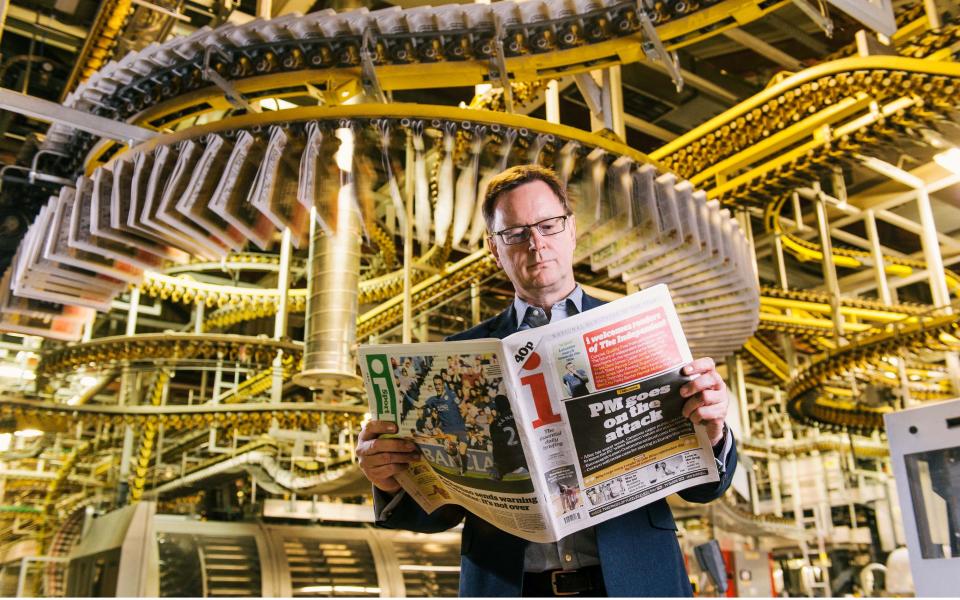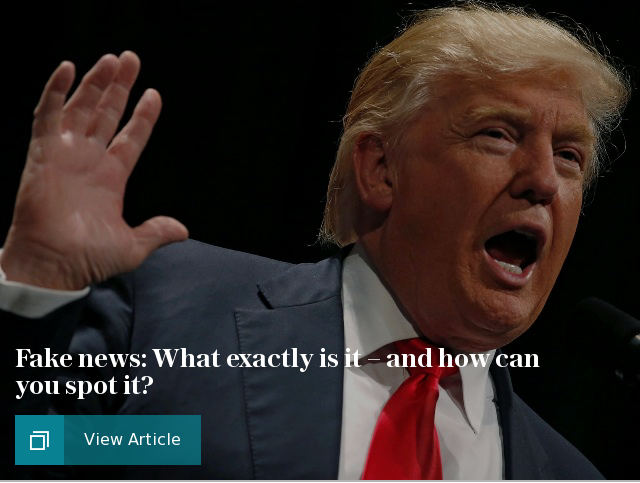Fears over 'fake news' are sending advertisers back to newspapers, says Yorkshire Post publisher

The boss of newspaper publisher Johnston Press has hailed early signs of a recovery in the print advertising market as brands worried about "fake news" and social media put their faith in traditional print media.
The company said its large “national” titles, including the i, the Scotsman and the Yorkshire Post had booked flat print advertising revenues in the first quarter of this year while its regional newspapers had seen an increase after years of steep declines across the industry.
Ashley Highfield, chief executive, said the improvement reflected a broader recovery in the advertising market as well as rising scepticism about the value of automated online advertisements.
He said: “Clients are worried their adverts are going to appear on Al Qaeda websites, clients are pushing their media buying agencies to show where were the adverts seen, were they seen by humans?
"The lack of transparency in the advertising supply chain I think is pretty exposed and the difference between social media platforms and quality publishing platforms is getting clearer and clearer."

Mr Highfield was speaking after Johnston Press revealed a narrowing of its pre-tax losses to £95m in the year to December 30, from £300m in the previous year.
Group revenues dropped 9.5pc to £202m, partly due to the sale of 13 newspapers in the Midlands and East Anglia last year.
The company said it was planning another round of cost-cutting this year as its markets “remain challenging” but Mr Highfield said the overall number of journalists on its payroll should increase as it hires more digital specialists.

Johnston Press bought the i from ESI Media, owner of the Independent and the London Evening Standard, for £24m in 2016 and it has continued to grow rapidly, raking in an extra 20pc of revenue from readers and 27pc from advertisers in the second half of last year.
Mr Highfield said the newspaper had a “cracking year” and still had a “long way to go” as it hoovers up print readers from its former owner, which went online-only shortly after the sale.

 Yahoo Finance
Yahoo Finance 